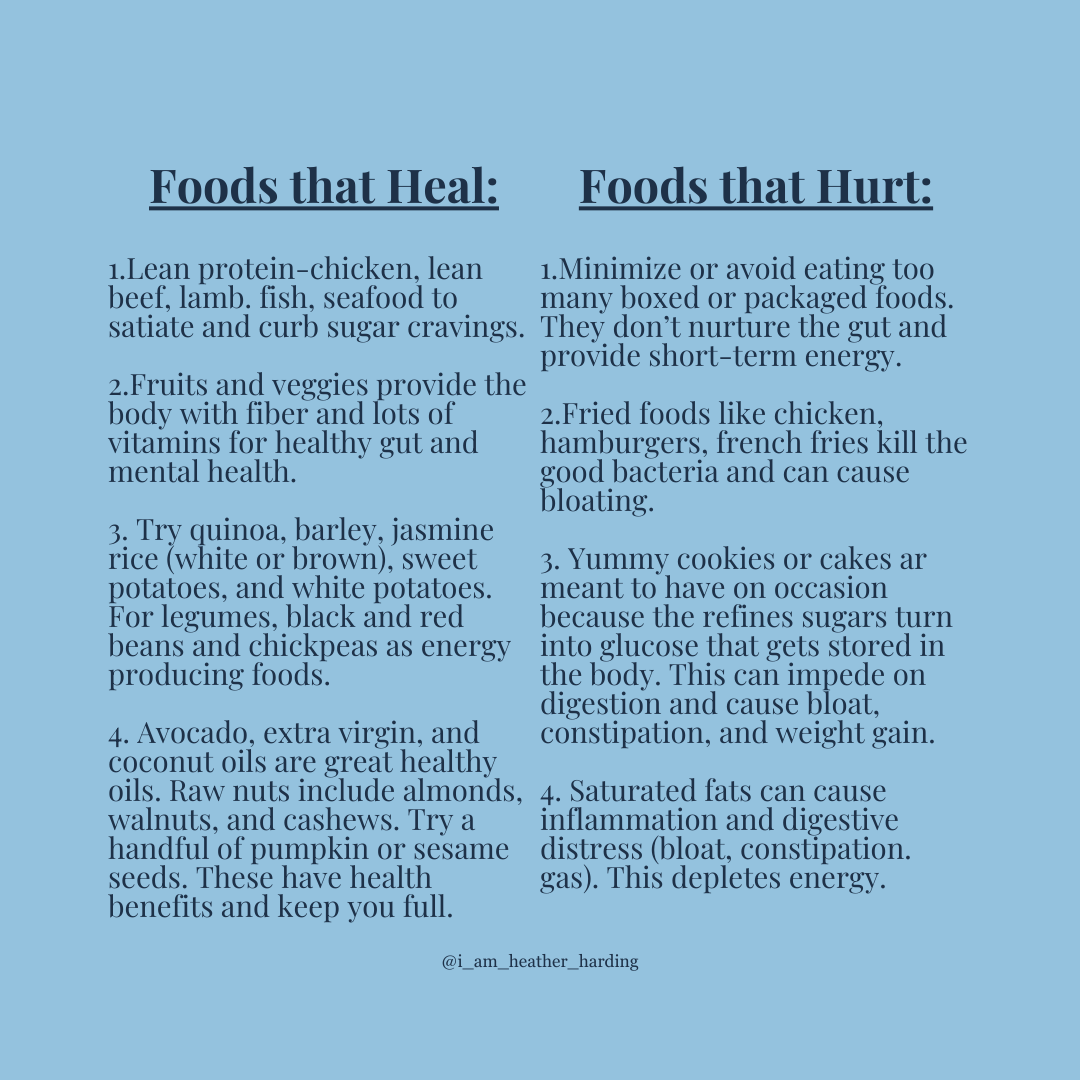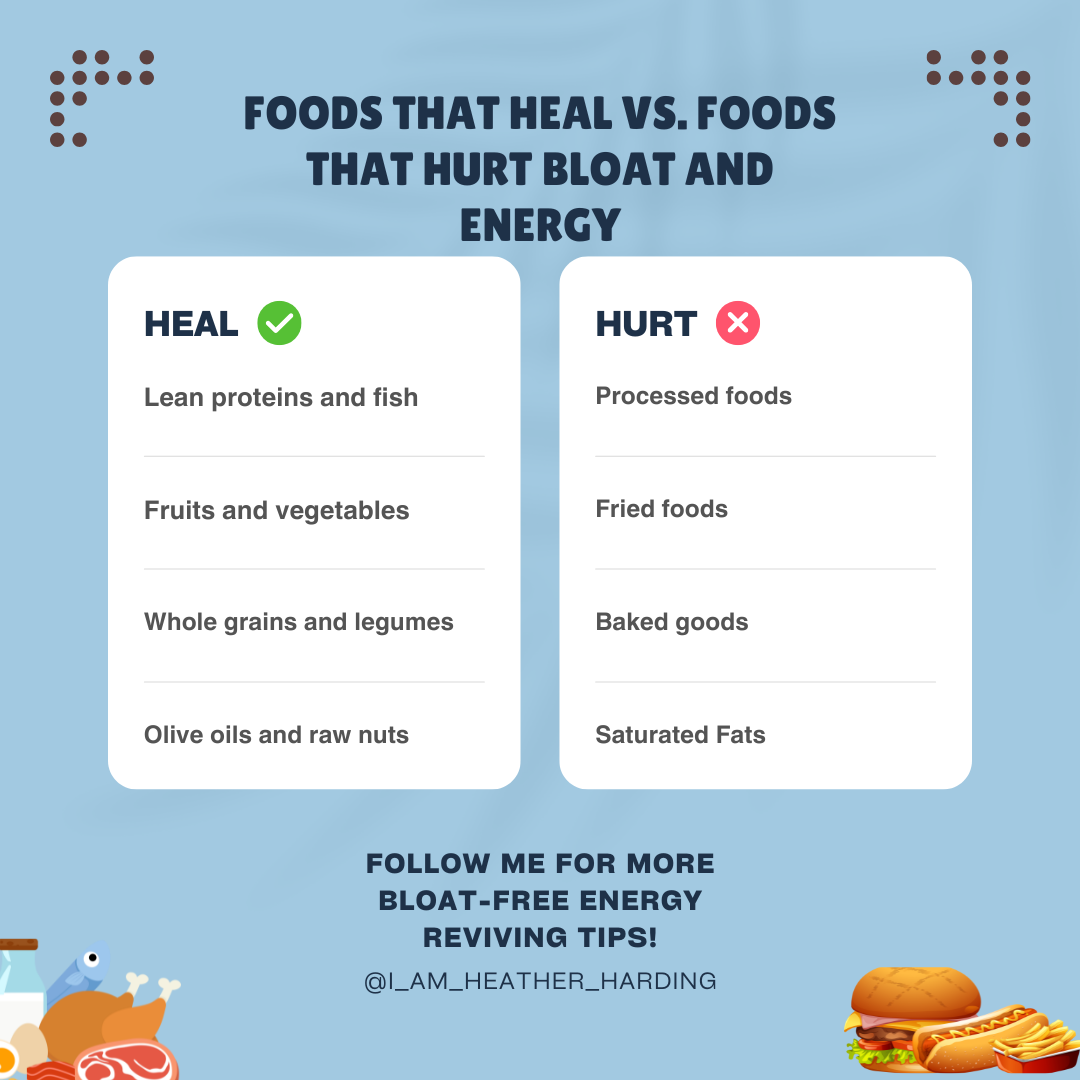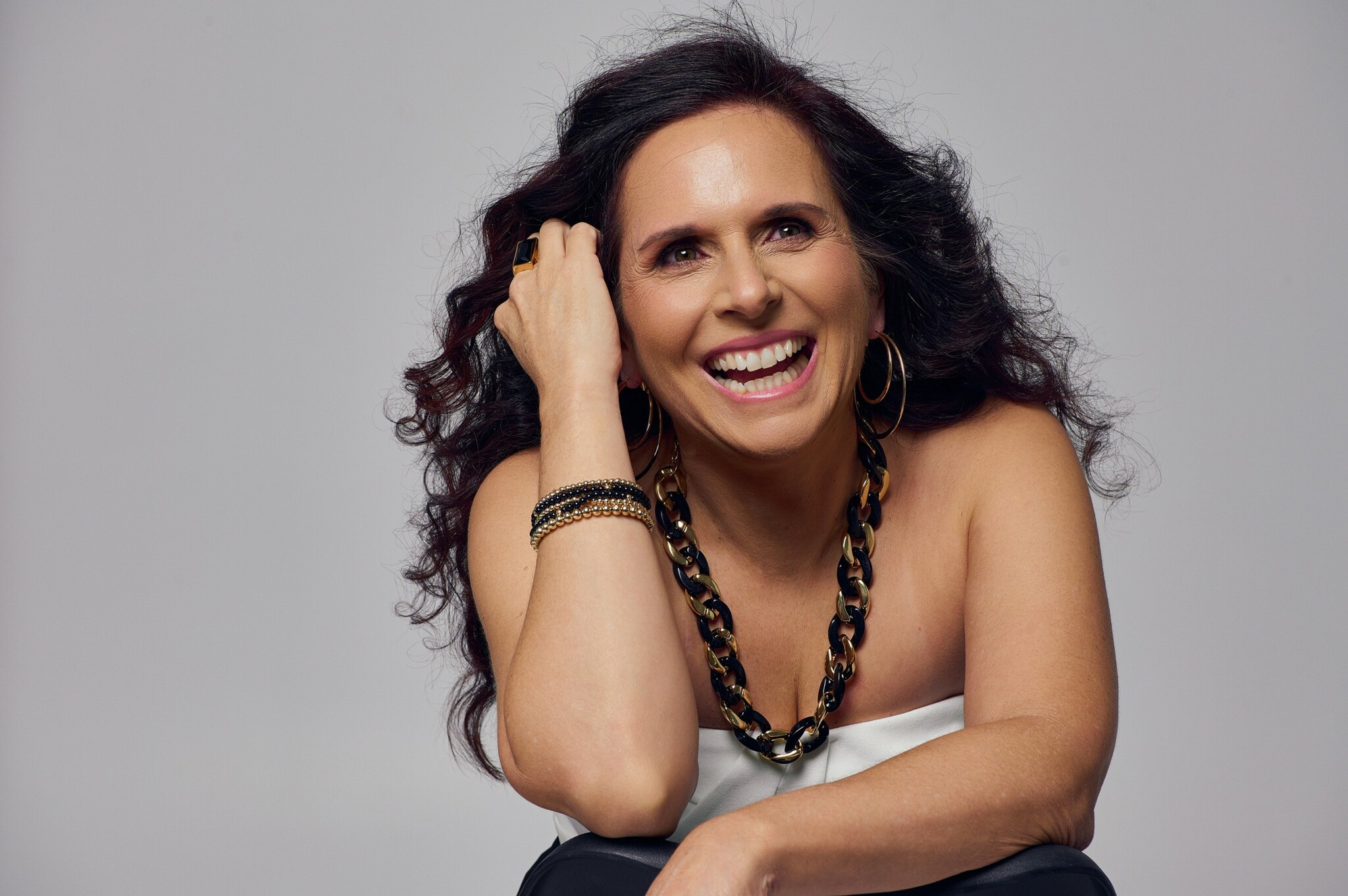We caught up with the brilliant and insightful Heather Harding a few weeks ago and have shared our conversation below.
Heather, thanks for joining us, excited to have you contributing your stories and insights. It’s always helpful to hear about times when someone’s had to take a risk – how did they think through the decision, why did they take the risk, and what ended up happening. We’d love to hear about a risk you’ve taken.
I started my business over two decades ago as a licensed psychotherapist. Throughout the span of my career I worked with many clients of different ages, gender, socioeconomic status, culture struggling with anxiety. Anxiety, it seems, is the most common feeling experienced. It is also the “catch all” for many different feelings. Many clients struggled with anxiety and felt that they didn’t have control over it, over their own lives. Some clients, before coming to me, were in many types of therapies and still having chronic anxiety. Some clients also were prescribed anti-anxiety medications, again still experiencing the anxiety. When anxiety occurs over time, the body stays agitated and functions in a ‘fight or flight’ mode.
As a psychotherapist, I worked psychodynamically with my clients. This meant that we worked together to discover the root cause of the anxiety. This incorporated diving deep into the past, their childhood, and unconscious experiences to understand what was actually creating the anxiety. My clients were able to discover the root cause, but in many ways still felt anxious.
I noticed working with my clients between the ages of seventeen and thirty a pattern developed. Quite often these clients not only experienced anxiety, but were not taking great care of themselves. They weren’t perceptive of what they were putting in or doing to their bodies. Some examples were neglecting medical issues, skipping meals, not taking care of their skin hygiene, not sleeping, overstressing. I knew this was connected to their heightened anxiety, but not sure how.
Simultaneously, I suffered from my own anxiety and gut issues. I was frequently constipated, bloated, and gassy. I began researching, asking questions, and taking webinars about the physical health of the body. I discovered a huge concept called gut health and how crucial it was to mental health. Did you know that the mind and the body are connected? Did you also know that the gut produces the neurotransmitters needed to fight against anxiety? I didn’t until I learned more about gut health. Through my own journey with a functional health coach and the education I was provided, I saw a link between poor gut health and increased anxiety and depression.
It then made sense. If my clients were only focused on the mental part of their anxiety they were missing a crucial part- the gut. Not only were they not taking care of their bodies, they weren’t taking care of the gut and therefore the gut was unhealthy. This caused more anxiety. They stayed in the ‘fight or flight’ mode and the unhealthy gut was not helping it.
This is where I took a risk. I left only focusing on the psychoanalytic part of anxiety. I began to also focus on the somatic part of anxiety too. It was a risk because very few psychotherapists in my world were practicing this way. It was not the ‘elite’ way to work with anxiety. It wasn’t the CBT way either. It was the holistic way. I didn’t care that I was the only psychodynamic psychotherapist to work with clients through a holistic lens. I believed that this was the ONLY way to really manage anxiety and feel healed from the inside out.
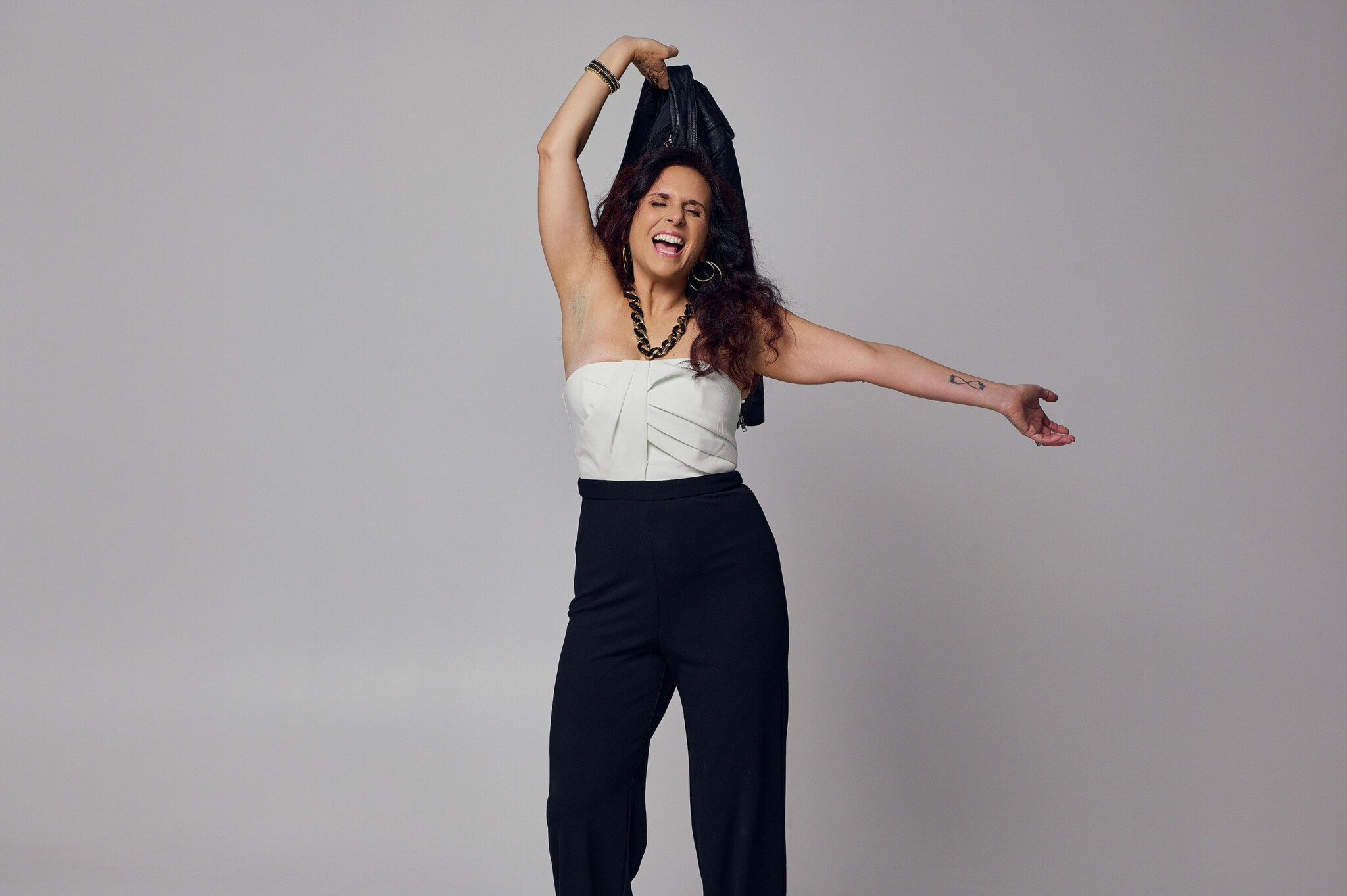
Heather, before we move on to more of these sorts of questions, can you take some time to bring our readers up to speed on you and what you do?
I am a mother, a wife, and a career woman. I have been a licensed psychotherapist for over 20 years.i’ve focused a lot on psychoanalytic/psychodynamic work. I work with clients to help them discover the root cause of their issues, like anxiety and create strategies to better manage.
I am also a certified gut health nutrition specialist and I also offer services to heal gut health issues.
What I am most known for is offering my clients a way to manage their anxiety through a holistic lens using the mind-body connection. Together, we find the root cause, regulate the body (and mind) through regulating the nervous system, and providing foods and food strategies that heal, create self-love, self-assurance, and nourishment. It’s through a 3-month VIP private coaching program, called A [Re]Newed You!!
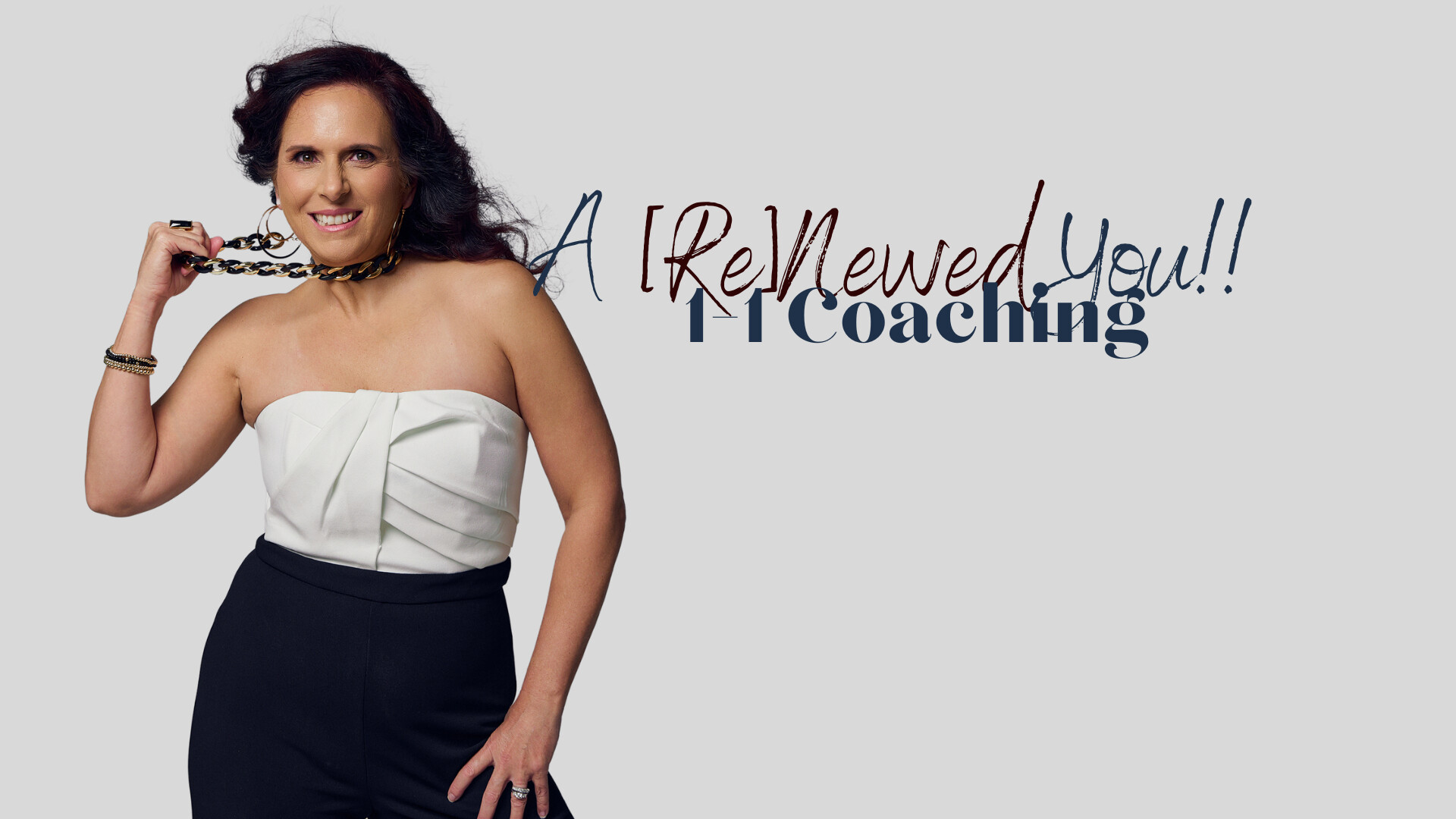
If you could go back, would you choose the same profession, specialty, etc.?
I believe I would. :-) I believe I would have began this specialty sooner. I am a firm believer in treating our issues with deeper intentions and our body holds a lot of past experiences. Through rewiring the unconscious, regulating the nervous system, and feeding our bodies, we can do our best healing.
I love sharing the mind-body concept with others. I am grateful and excited to help so many people heal and feel better inside and out. It would have been super exciting to have healed even more if I had learned about this sooner.

Putting training and knowledge aside, what else do you think really matters in terms of succeeding in your field?
Here are three extra concepts that I feel are most helpful for succeeding in my field and in life overall.
1. Never be afraid to take risks and step out of your comfort zone. These risks do not have to be huge. Even the small ones can make a big difference. Start with a goal that is small; something that you can feel comfortable being uncomfortable. Once that goal is accomplished, build form there. This helps you to never stop growing.
2. Never be afraid of failure. Failure is truly what makes us successful. Failure and making those mistakes are the gateways to learning. Failures are just the outcomes you didn’t expect; and opportunity to try, try again. You can take as many trainings, workshops, seminars, classes, etc and learn information. But you’re best learning about yourself and life, the learning that is going to create success and meaning are those mistakes… that failure.
In my opinion, failure is not about making the errors, it’s not doing at all.
3. Take care of yourself and have fun. Don’t live to work. Work to live. Travel. Spend time with family and friends. Take the salsa class. Don’t forget to have fun, laugh, help others, and be kind. This will fill you cup over and over.
Contact Info:
- Website: https://www.counseling4me.com
- Instagram: https://www.instagram.com/iamheatherharding
- Facebook: Heather R. Harding, LMHC. LLC
